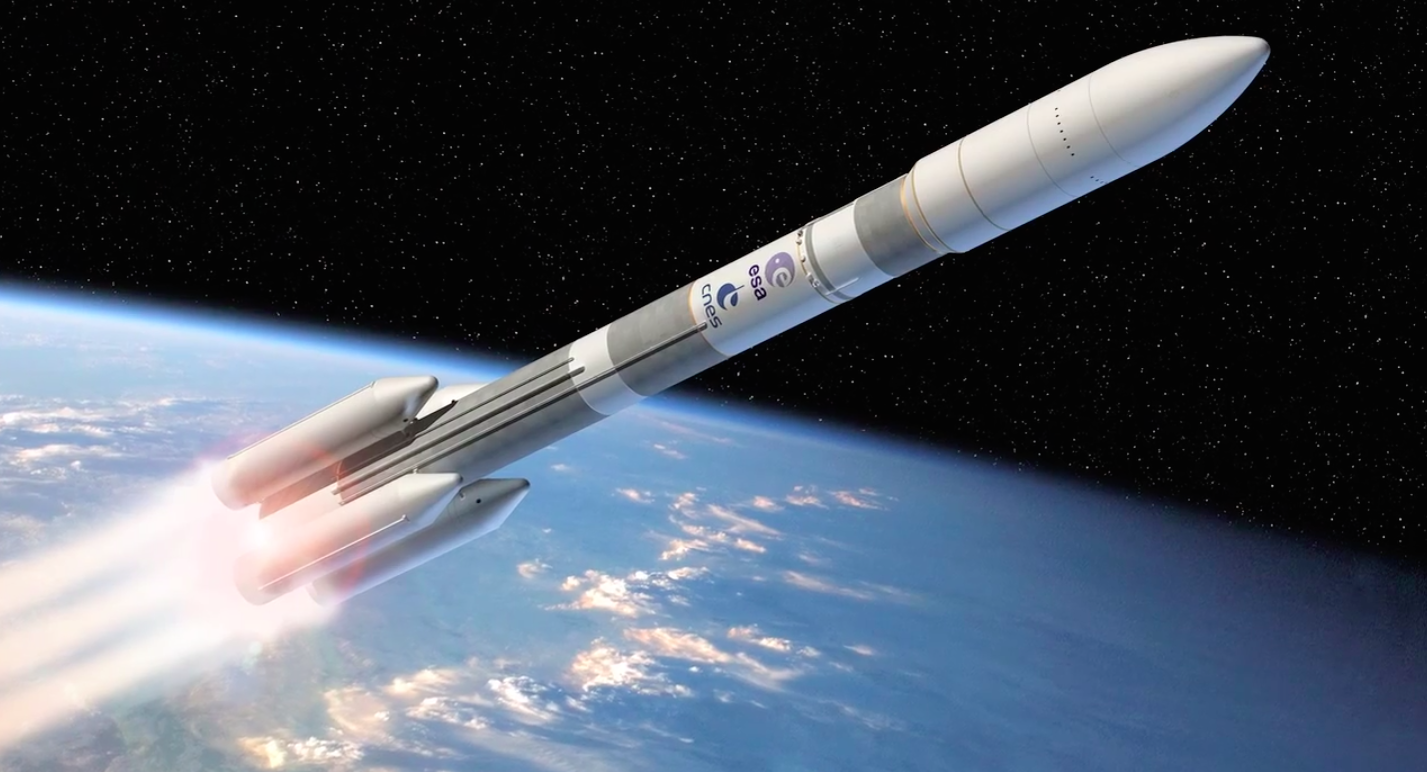PSLV
The Polar Satellite Launch Vehicle (PSLV) is an expendable medium-lift launch vehicle designed and operated by the Indian Space Research Organisation (ISRO). It was developed to allow India to launch its Indian Remote Sensing (IRS) satellites into Sun-synchronous orbits, a service that was, until the advent of the PSLV in 1993, only commercially available from Russia. PSLV can also launch small size satellites into Geostationary Transfer Orbit (GTO).





